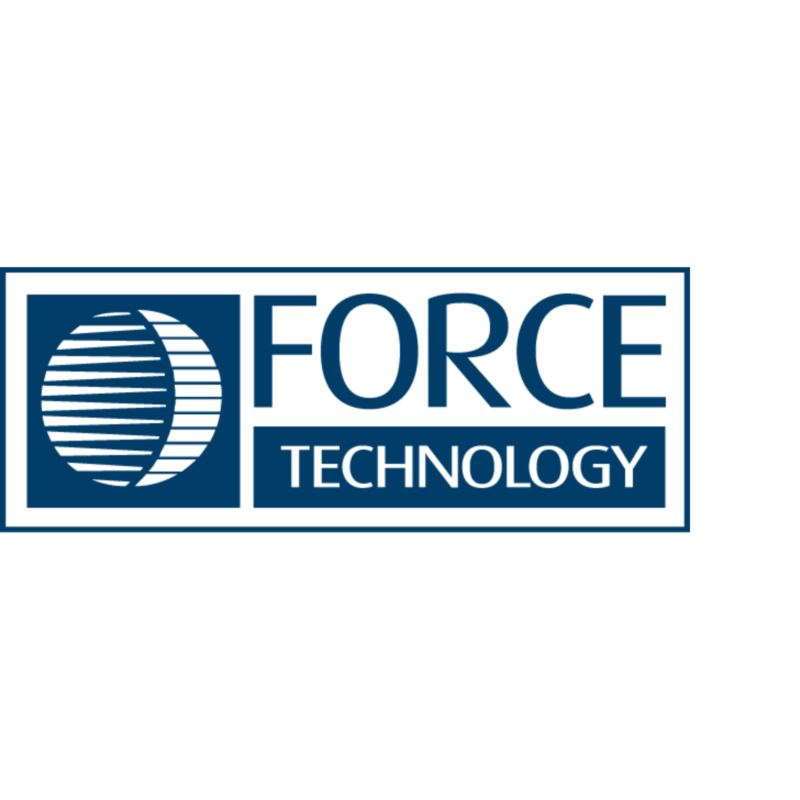Hammocks and fountains offered some relief in Sofia’s parks during the latest heatwave, but extreme weather wreaked havoc on systems that make cities function, from healthcare to the electricity grid. While cooling air finally spilled into the valley, pressures on cities and regions show no signs of letting up.
Experts predict that southeastern Europe will experience some of the most extreme temperature increases in the world. While firefighters extinguish the forest fires in Greece, scientists, researchers, and industry harness digital technology to collaborate on longer-term solutions and adaptations for the changing climate. This includes AI for emergency management and data analytics for distributed energy systems in Smart Cities.
GATE (The Big Data for Smart Society) in Sofia, Bulgaria and CERTH (Centre for Research and Technology Hellas) in Greece are research centers that have begun tackling global problems like these on a community level. IDSA has added these two important organizations to its network of international hub facilitators that share knowledge and information about International Data Spaces.
The facilitators of IDSA Hubs are not-for-profit organizations, operating out of universities or research and technology organizations. They work with IDSA on a variety of initiatives to create awareness of data sovereignty, transfer knowledge, recruit new IDSA members, and disseminate IDS-based applications. They also foster and coordinate research and development projects to further develop the IDS standard, even beyond their country borders.
We interviewed Dr. Sylvia Ilieva (director, GATE) and Alexandros Nizamis (research associate at CERTH with its head office in Thessaloniki) to hear about their current projects and why their organizations became hub facilitators for IDSA.
How does IDSA relate to your background and interests?
Sylvia Ilieva: The Big Data for Smart Society (GATE), a joint initiative between Sofia University, “St. Kliment Ohridski” and Chalmers University of Technology in Gothenburg, Sweden, is the first research hub in Bulgaria and Eastern Europe to focus on digital transformation. It works within four distinct areas: Future Cities, Intelligent Government, Smart Industry and Digital Health. GATE plays a strategic role for building a national and regional data-driven society and economy.
Alexandros Nizamis: CERTH is a leading research organization in Greece aiming to promote knowledge creation and research, and to contribute to the digitalization of the economy in the country. CERTH’s is active in R&D on domains such as industry 4.0, eHealth, energy, supply chain, robotics etc., and it aligns with multi-domain use cases powered by IDSA technologies.
How will IDSA contribute to the development of the digital economy?
Alexandros Nizamis: In general, the Greek IDSA Hub plans to support the acceleration of the economy’s digitalization, promote the adoption of innovative digital solutions, enhance trust among digital ecosystem stakeholder, and strengthen human resources with digital skills.
Sylvia Ilieva: By providing advanced digital infrastructure, GATE aims to be a recognizable Data Space with credible potential in Big Data and AI. GATE’s City Living Lab, Digital Twin Lab and Visualization Lab are the heart of a vibrant ecosystem where innovative data-driven ideas are generated, and applied in collaboration with stakeholders. The next key step is data acquisition in order to form a data sharing ecosystem for the benefit of the companies, government, and society.
Why are you taking an active part in IDSA?
Sylvia Ilieva: IDSA provides a secure and trustworthy exchange of data on a global level. The GATE project must be interoperable with the other major EU platforms and be compliant to the standard principles as defined by IDSA.
Alexandros Nizamis: IDSA aims to create a digital future around the world by unlocking value of the data through equal access to secure and sovereign data exchange. IDSA provides all necessary means and concepts to create a common dataspace enabling collaboration and promoting R&D.
The expansion of IDSA Hubs into the region will greatly facilitate cooperation and and drive digital innovation – whether it’s harnessing AI for the electricity grid in Smart Cities like Sofia or ehealth coordination spanning Greek islands.
At present there are eight IDSA Hubs around Europe and IDSA is actively seeking additional partnerships. Not-for-profit research organizations stand to benefit from IDSA’s existing architecture for regional development. An ever-expanding network for securely sharing data will greatly improve the quality of the data and the potential value for all members.
Don’t miss our session ‘Hubs and How They Contribute to the Success of Data Spaces‘ at the IDSA WinterDays on February 17. Learn more about the agenda: IDSA Winterdays 2022 – International Data Spaces









